April Fool Funny
- caricature /
- April Fool Funny
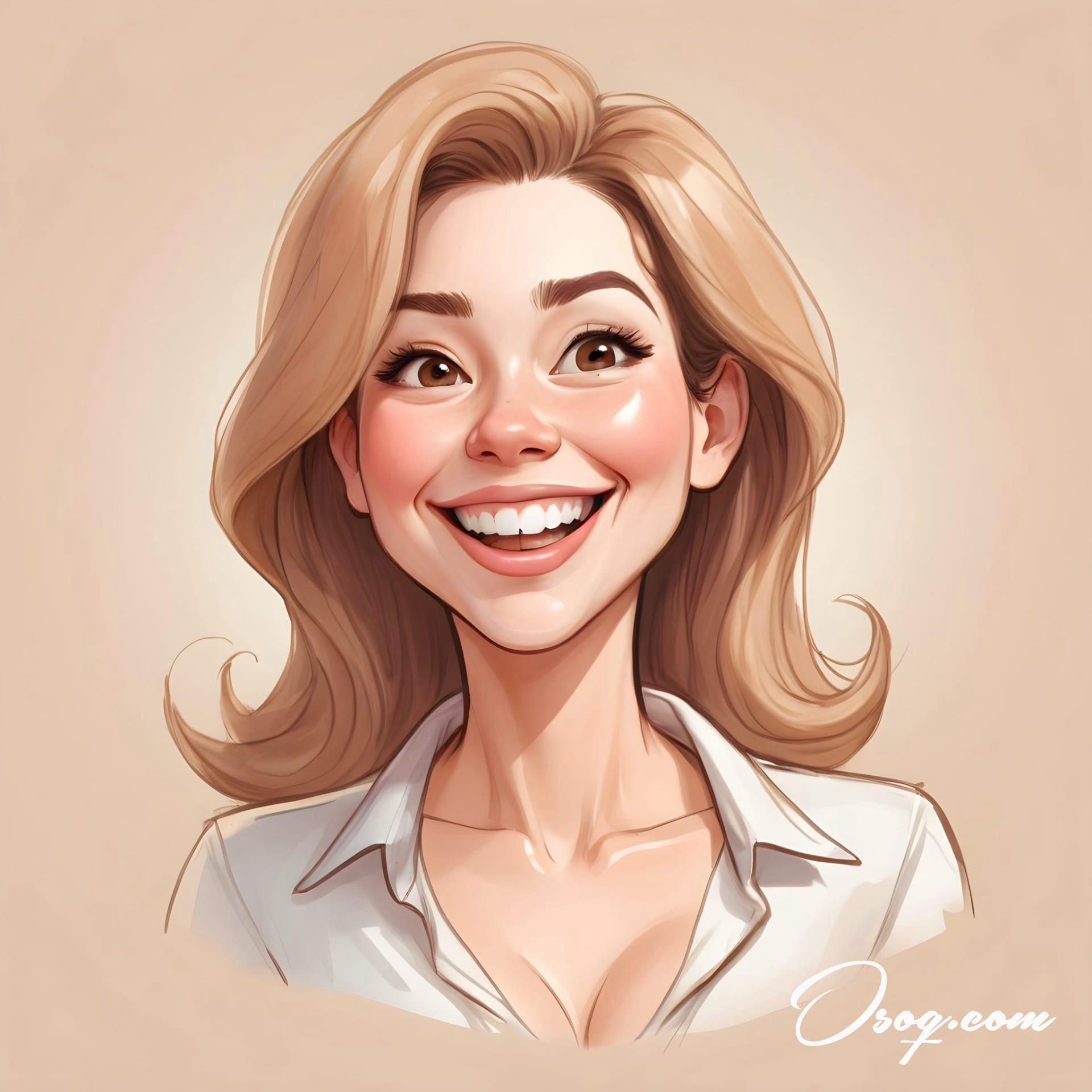
Did you know that some of the earliest forms of April Fool's pranks involved cleverly painted images that seemed to leap off the canvas? Artists would play tricks on their patrons with visual illusions that baffled the mind.

One classic April Fool funny trick in the art world is the use of trompe-l'oeil, a technique that creates an optical illusion making objects appear three-dimensional. Imagine walking into a room and trying to pick up a painted wine glass!
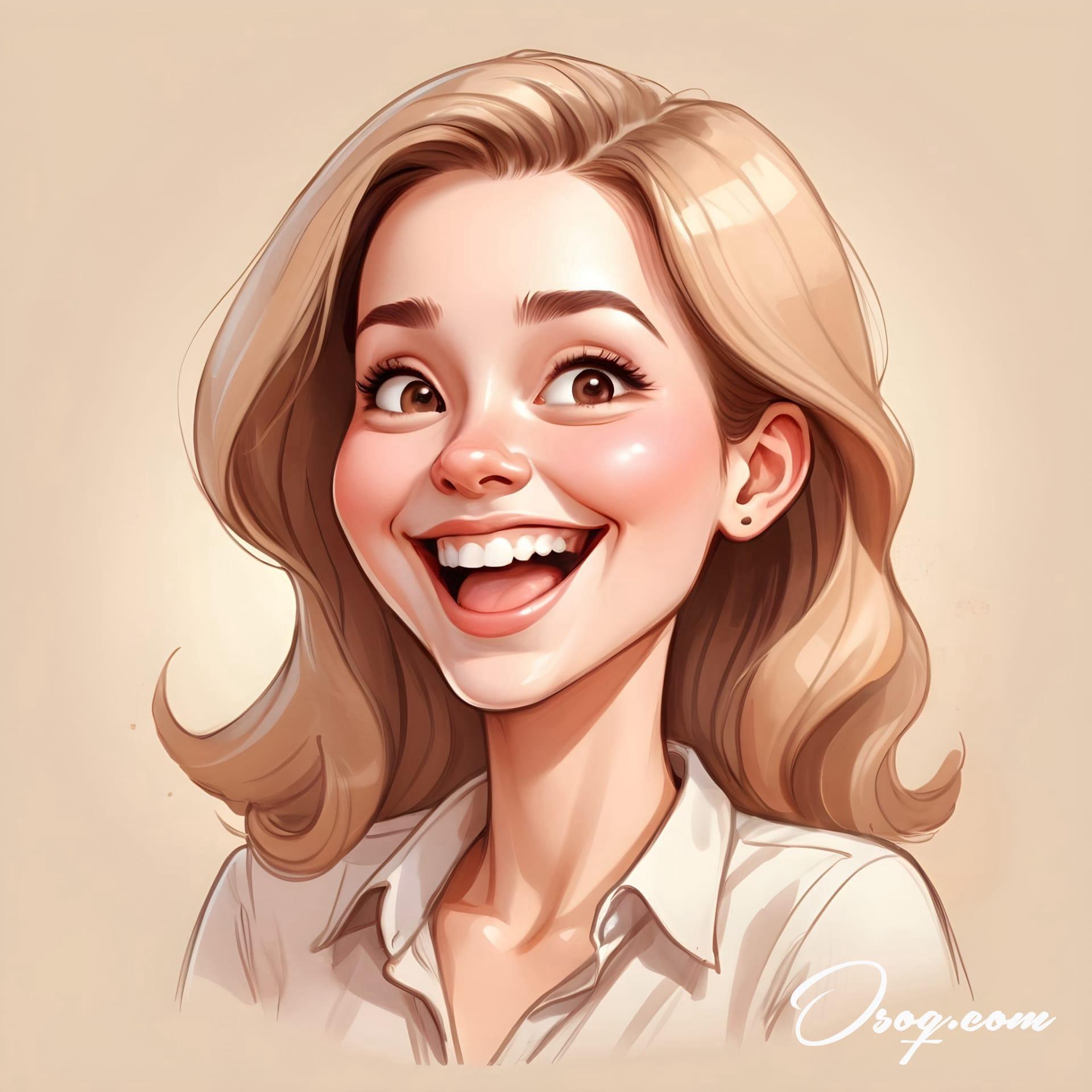
In medieval times, jesters used illustrated manuscripts as part of their April Fool's antics, drawing amusing caricatures of nobility that could only be seen when held up to a mirror. This early form of interactive art left many red-faced but amused.
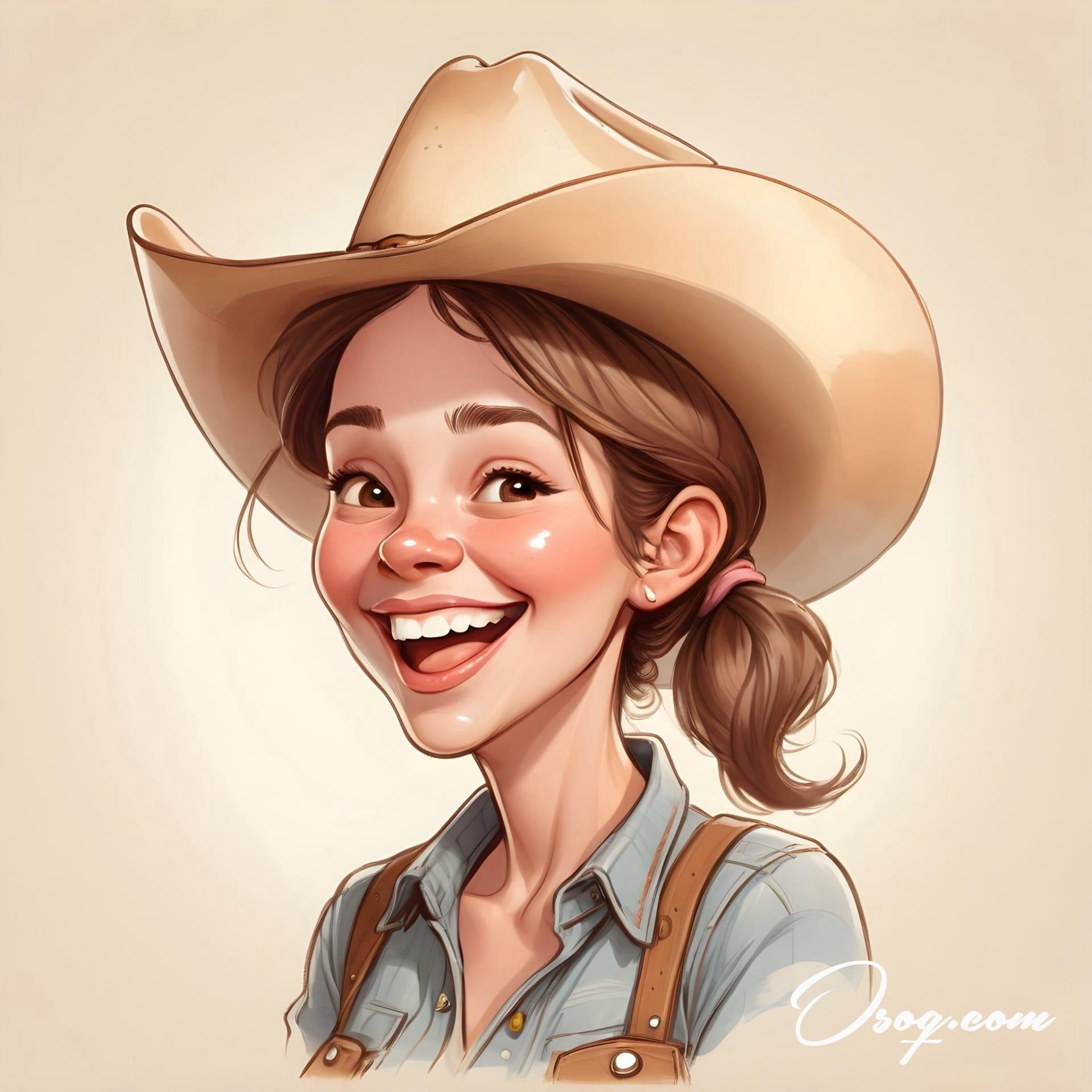
The Renaissance era saw artists incorporating hidden images or messages in their works, only visible at certain angles or in certain lights. This was their way of sneaking in a little April Fool's fun into serious pieces.
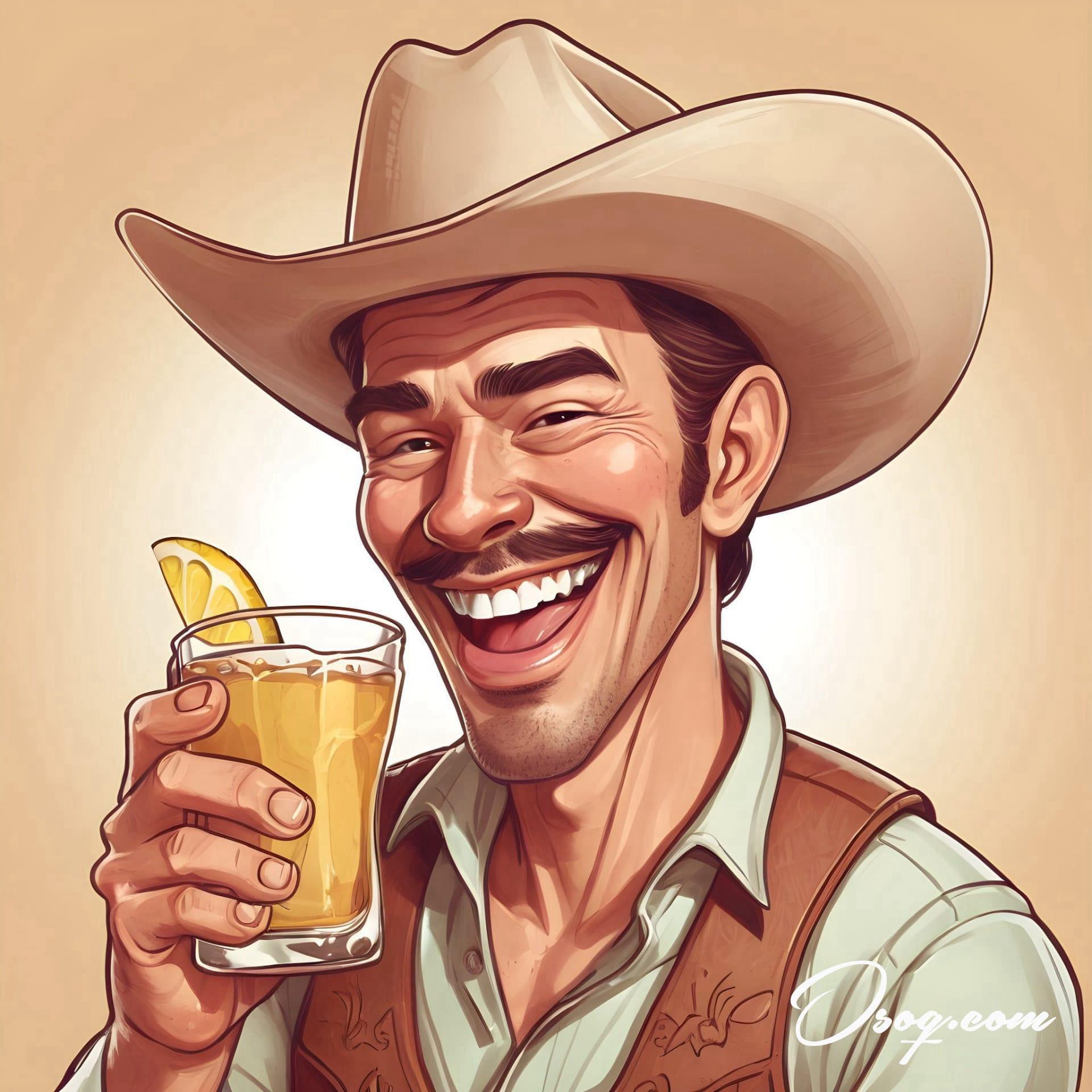
Fast forward to the modern era, where comic book artists occasionally slip in easter eggs or humorous details into the background of scenes. These can be nods to other works, cheeky messages, or just plain old April Fool funny scenes meant to surprise dedicated fans.
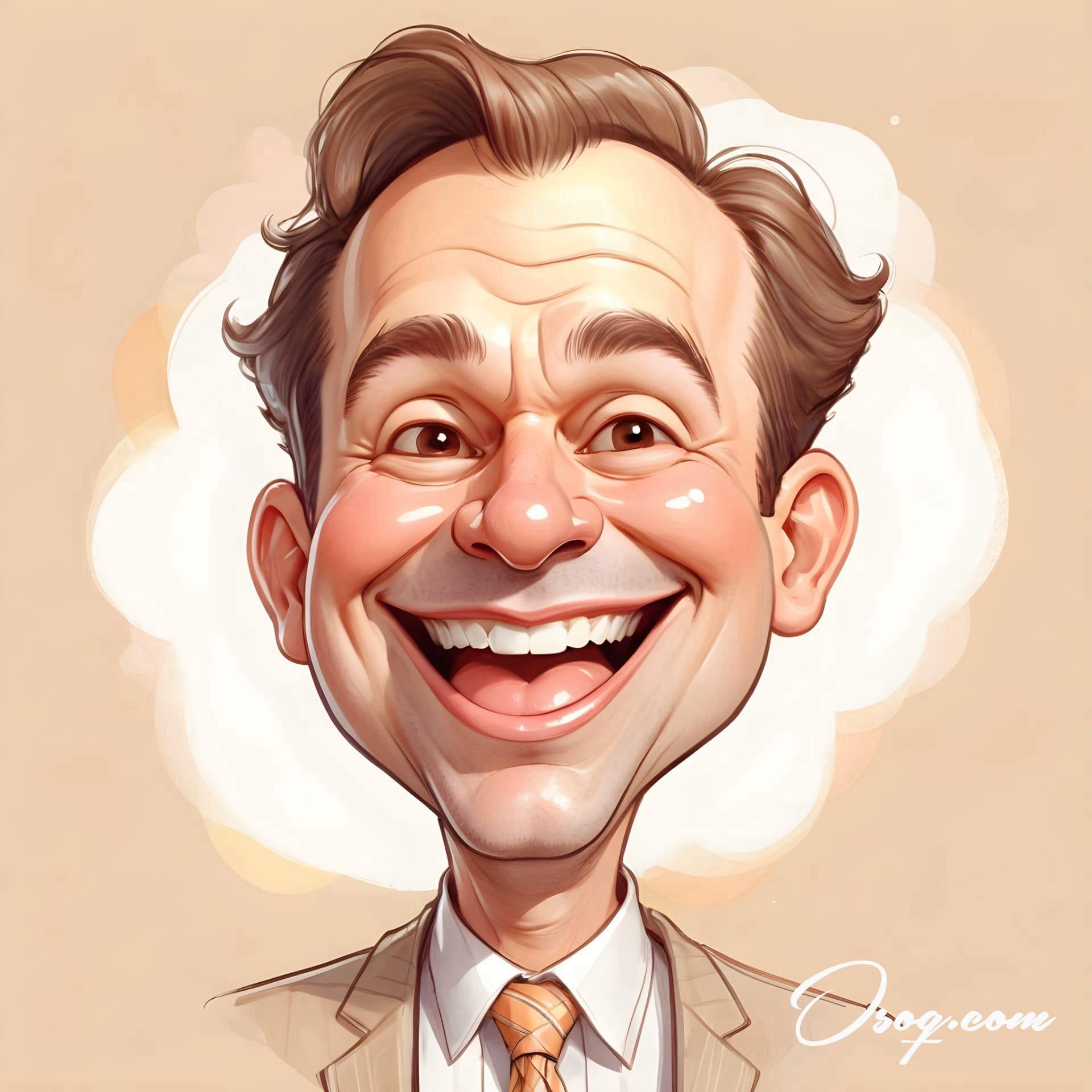
Ever heard of anamorphic art? It's a mind-bending technique where a distorted image only reveals itself as something recognisable when viewed from a specific angle or through a special device, a perfect tool for April Fool's shenanigans.
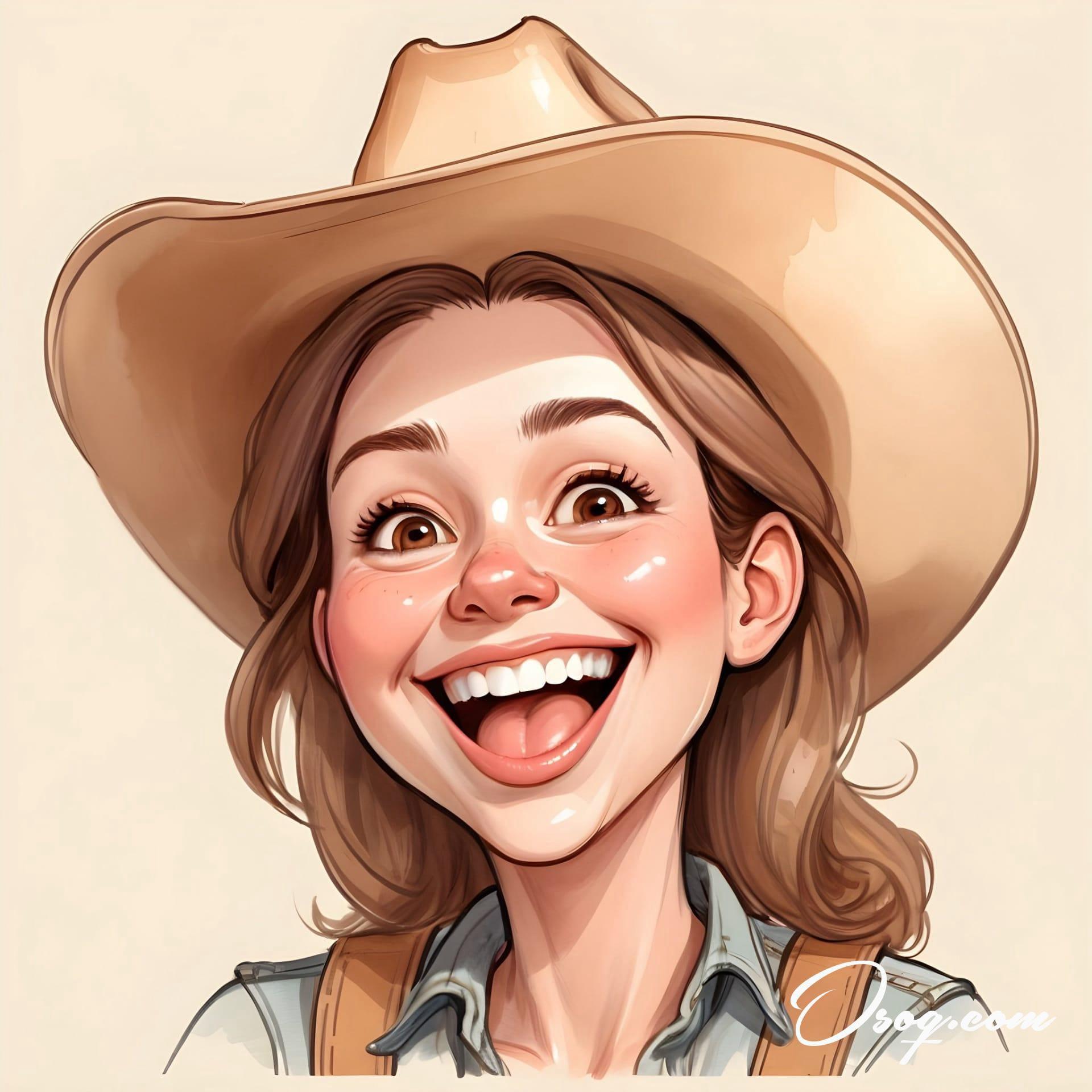
Digital artists today can create GIFs that play tricks on the eyes. From swirling patterns that seem to move endlessly to images that change when you blink, the digital realm has opened up a new frontier for playful artists.
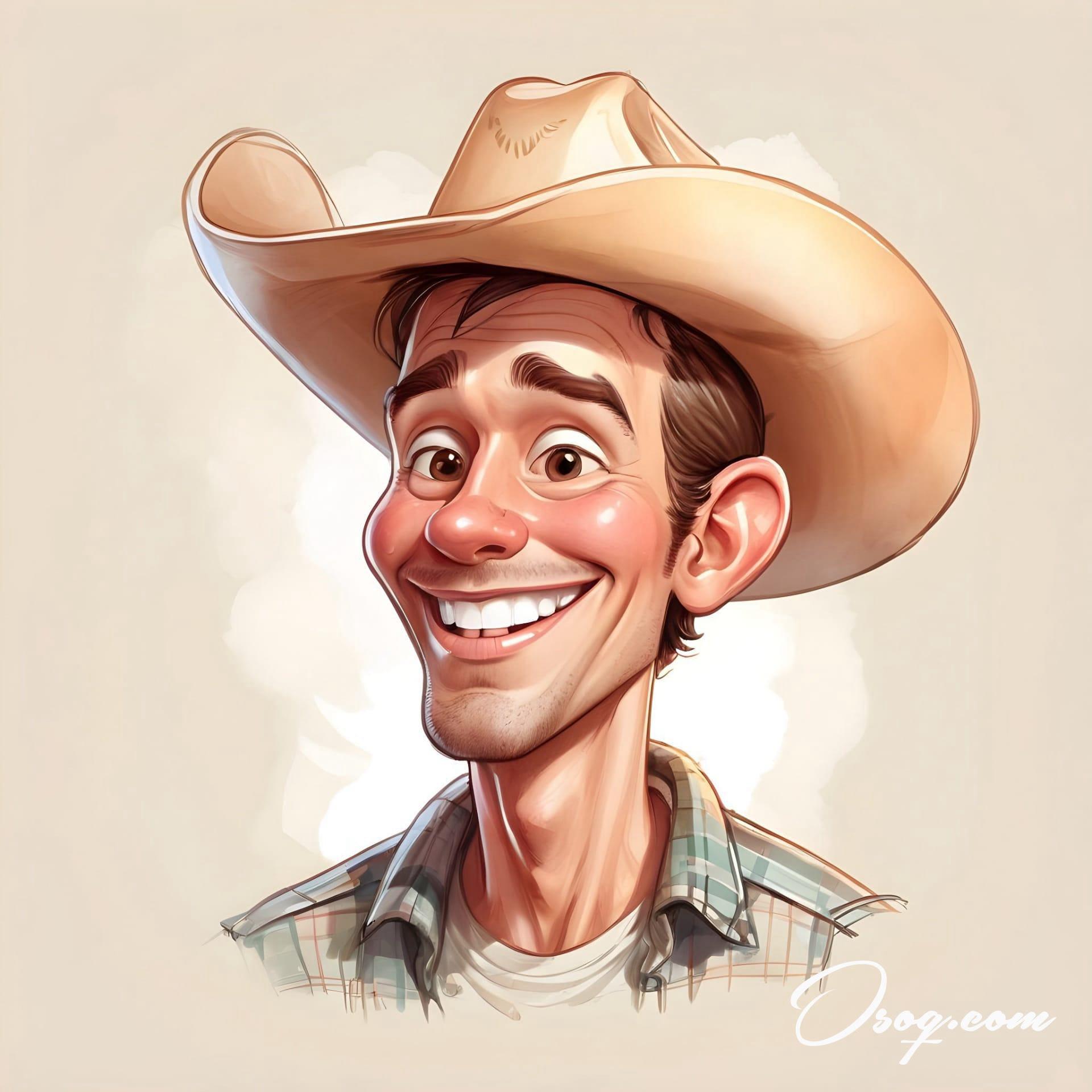
Some museums have joined in on the fun, hosting April Fool's Day exhibits where the pieces have been swapped with whimsical replicas or where the descriptions have been humorously altered.
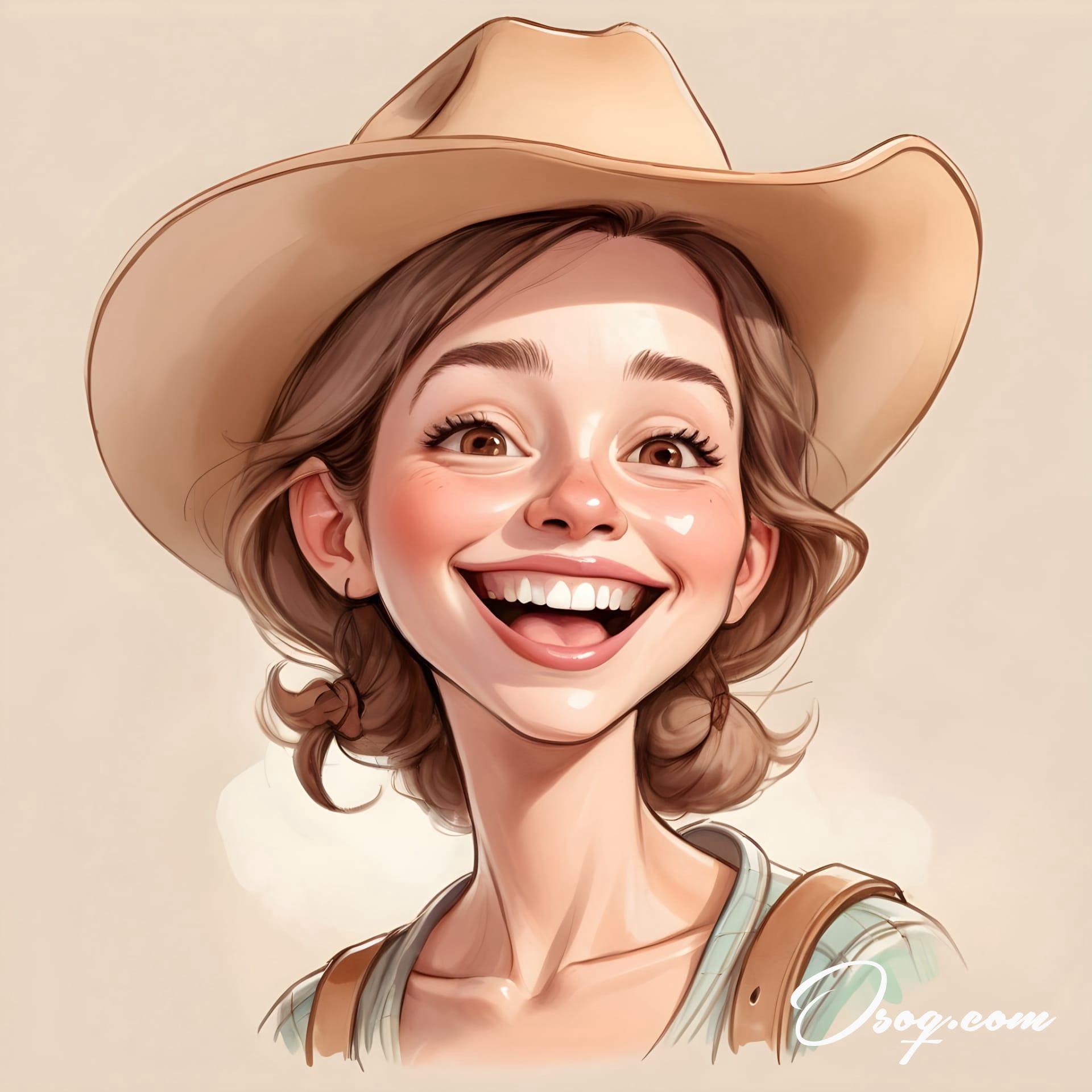
Artists like Banksy have elevated the April Fool's prank to an art form, executing secretive public installations overnight that leave viewers bewildered and amused the next day.
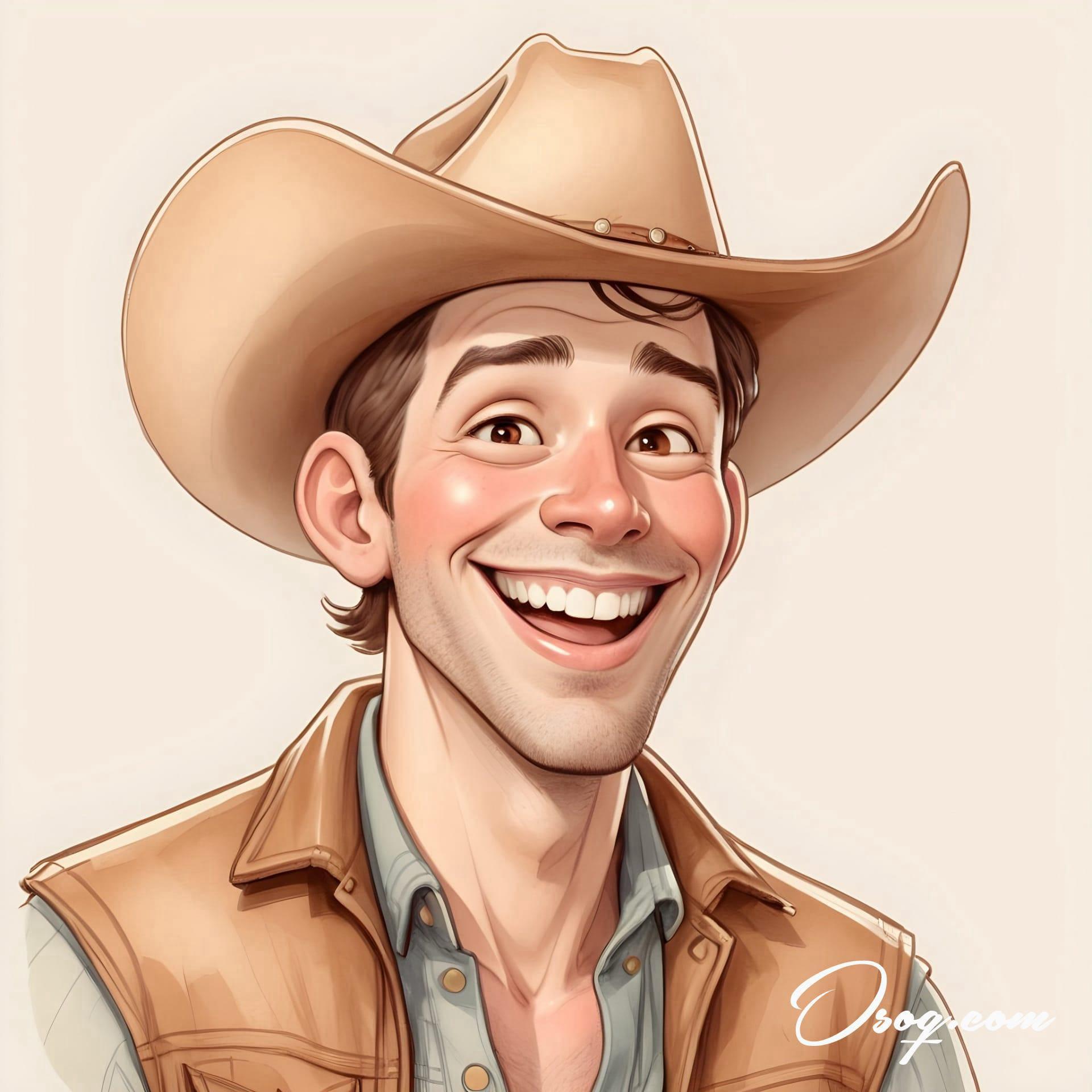
In the world of sculpture, artists have crafted pieces that seem to defy gravity or logic, creating a double-take moment for viewers who first think they understand what they're seeing, only to be fooled upon closer inspection.
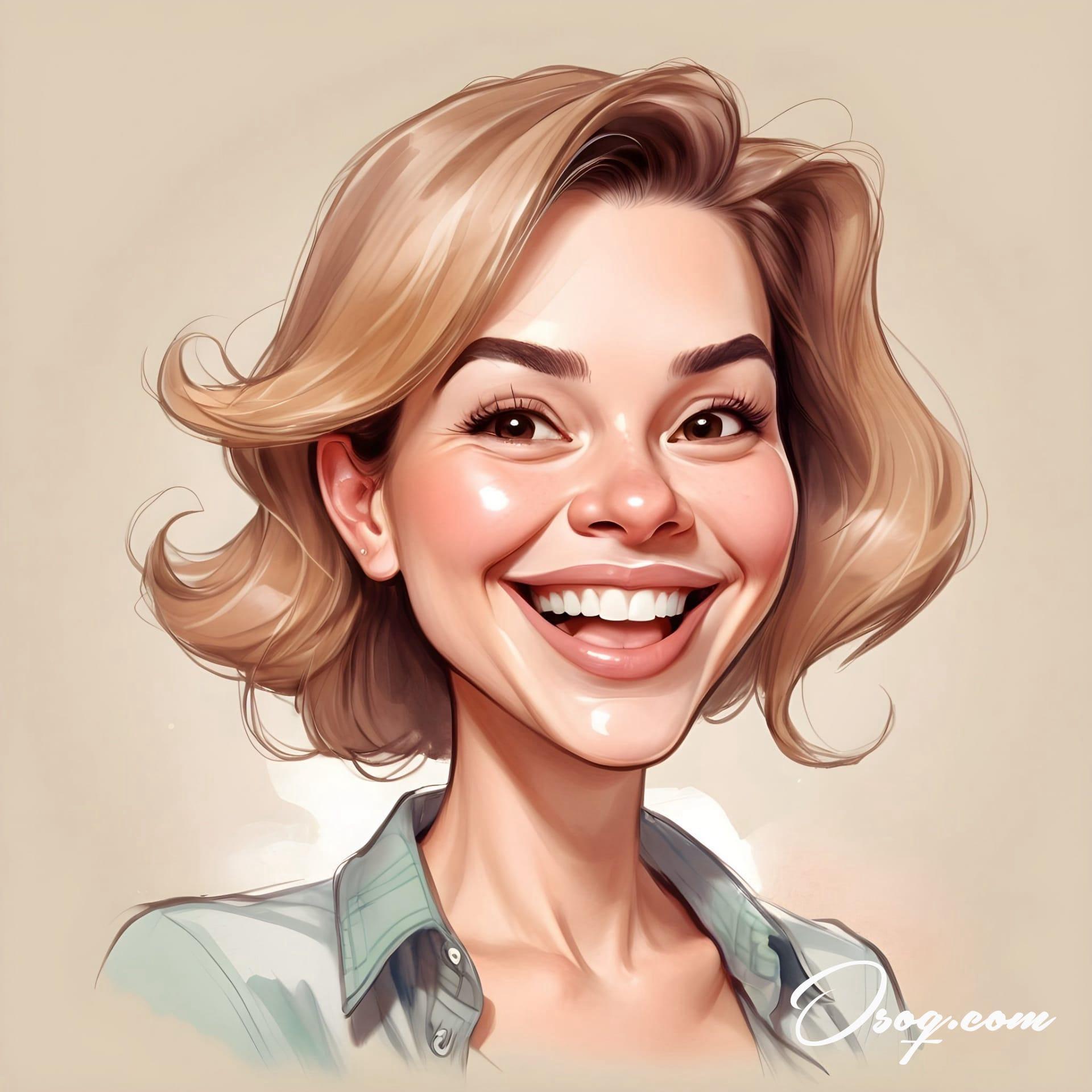
Interactive art installations have also served as playful arenas for April Fool's Day, with exhibits designed to respond to the presence or touch of the visitor in unexpected ways, sparking laughter and surprise.
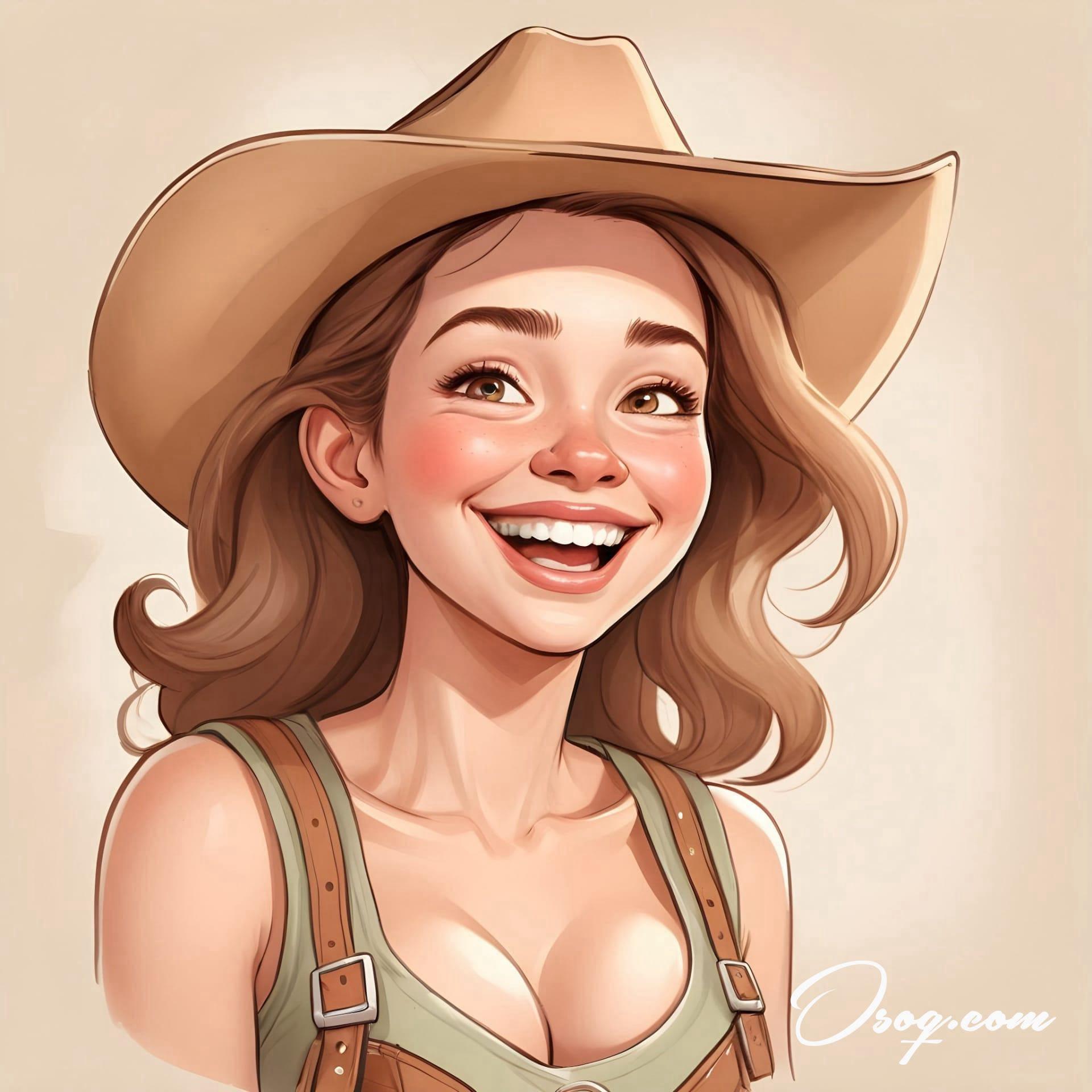
Some comic strips have been known to swap artists for a day without telling their readers, leading to a delightful confusion as familiar characters suddenly appear in a completely different style.
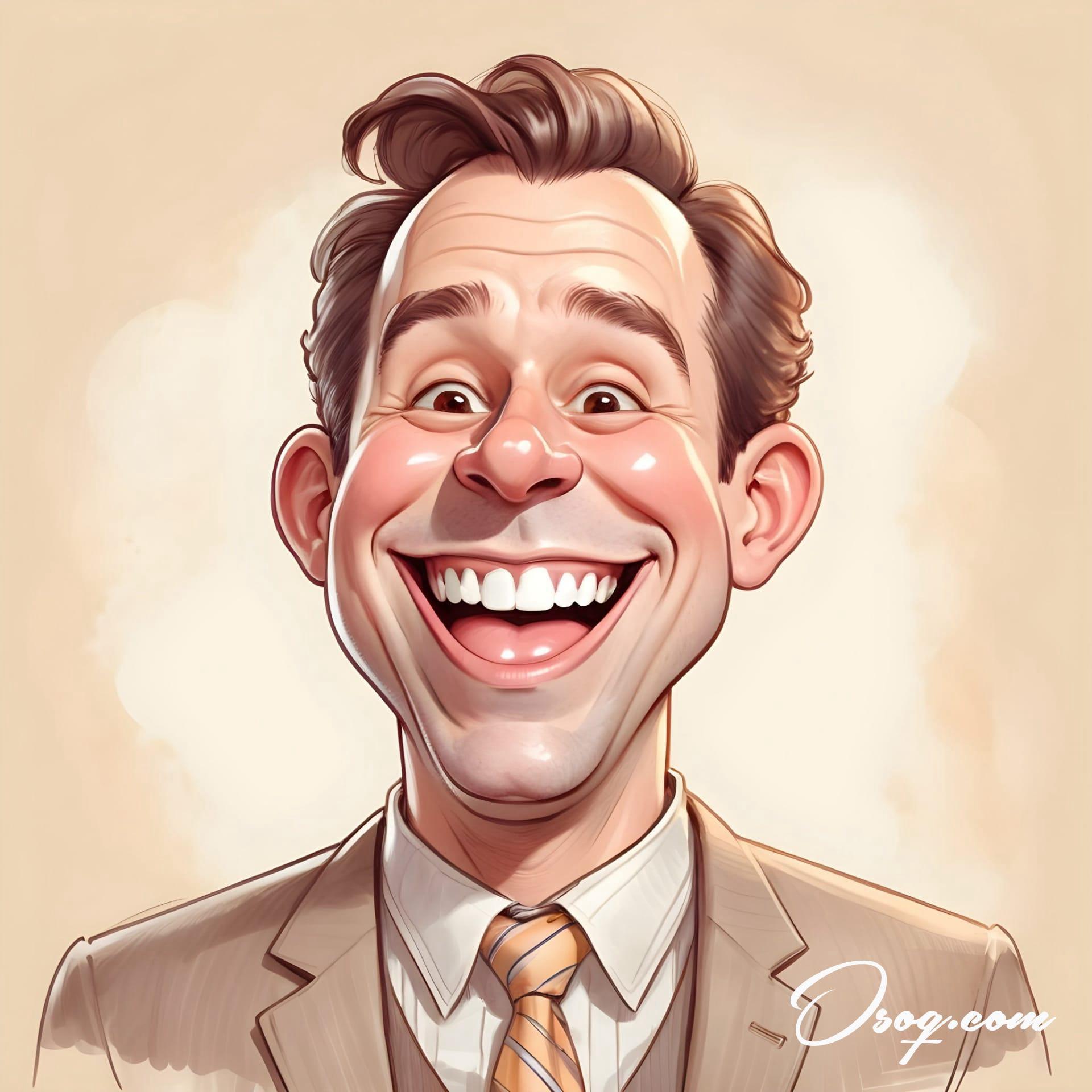
Art history books sometimes contain fictitious paintings created by the authors as April Fool's jokes, challenging students to spot the imposter among genuine masterpieces.
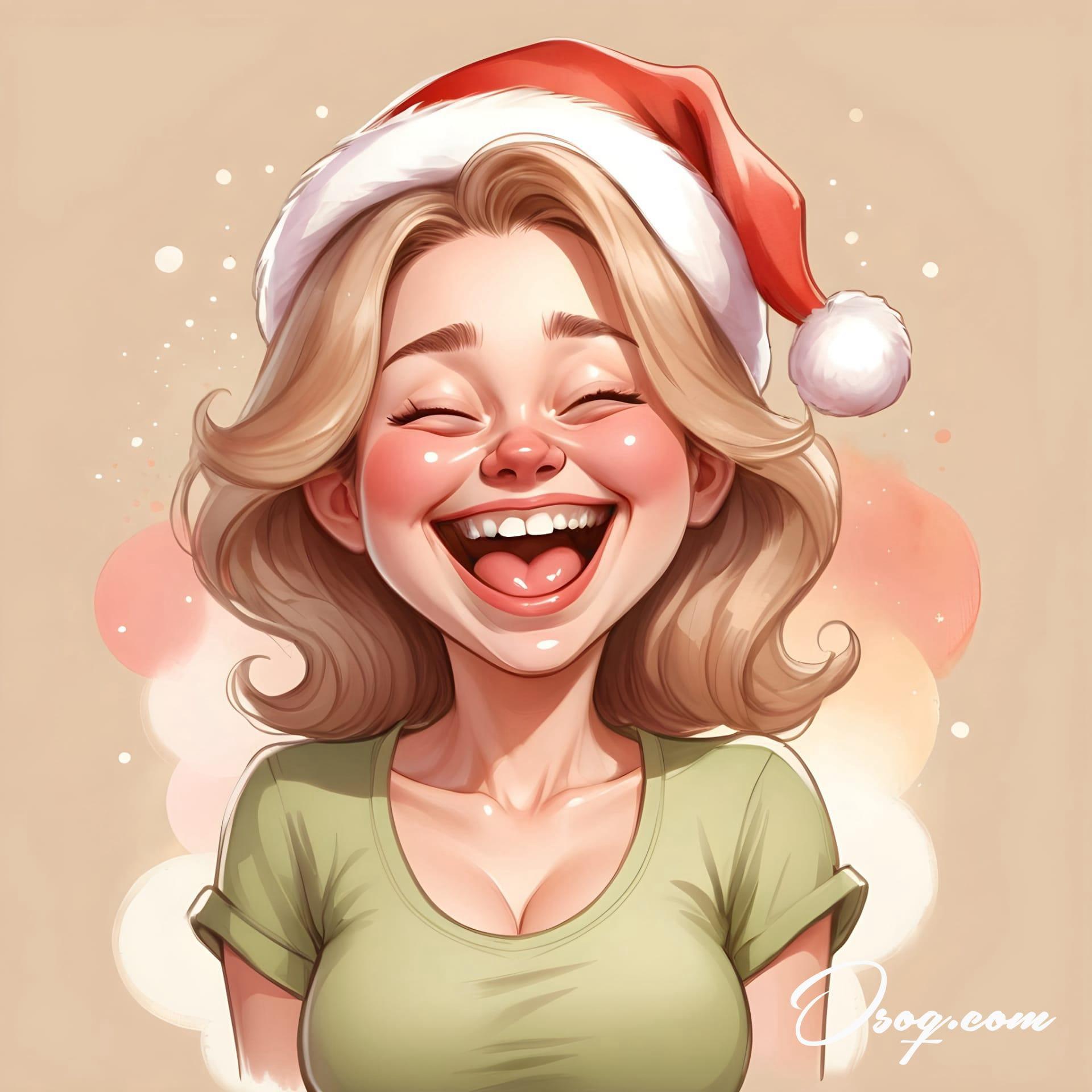
At art auctions, April Fool's pranks have included the sale of "invisible" art pieces, where bidders are told the work is simply too subtle to be seen by the untrained eye.
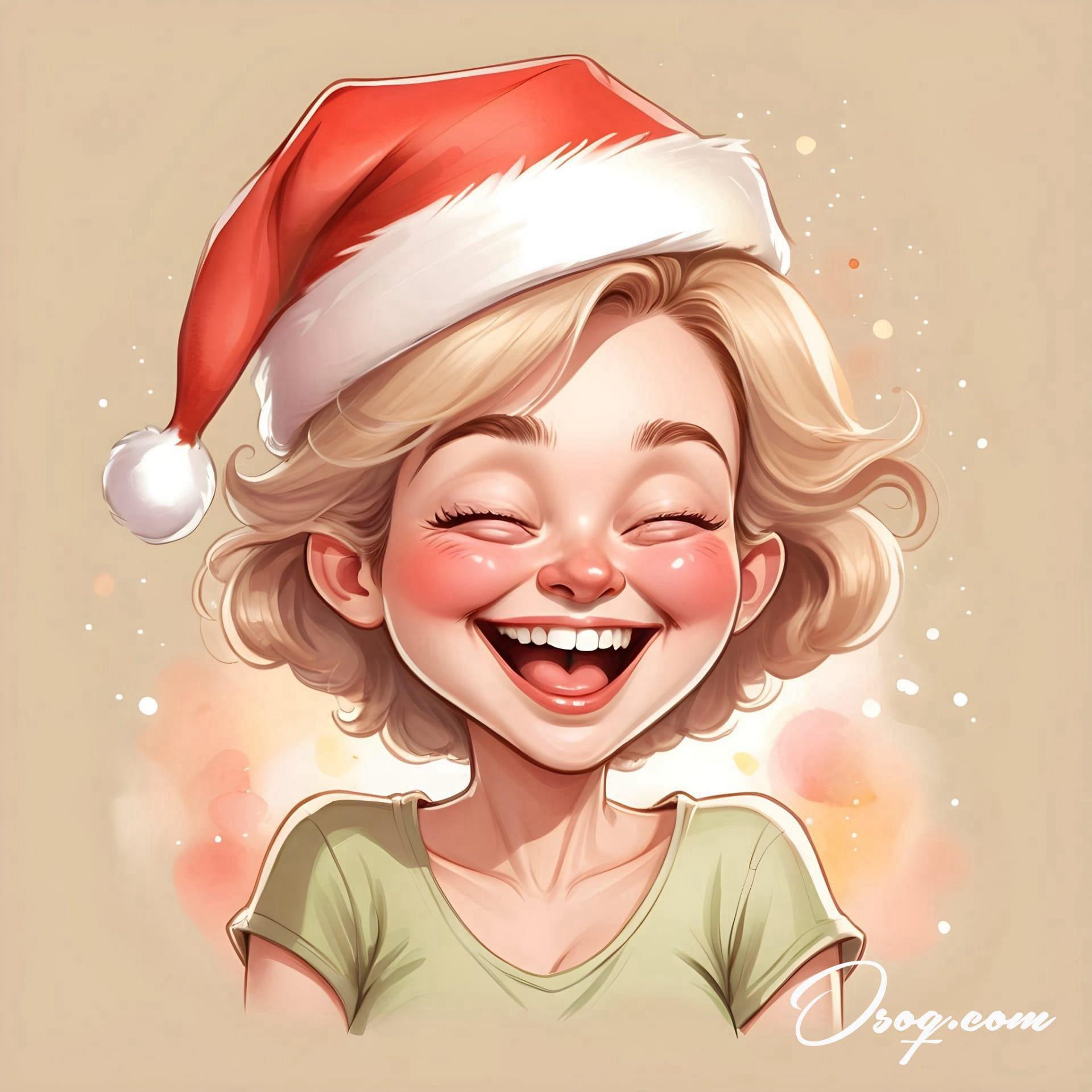
Photographers have played their part too, staging elaborate scenes that look like historical moments or fantastical events, only to reveal the mundane truth behind the image.
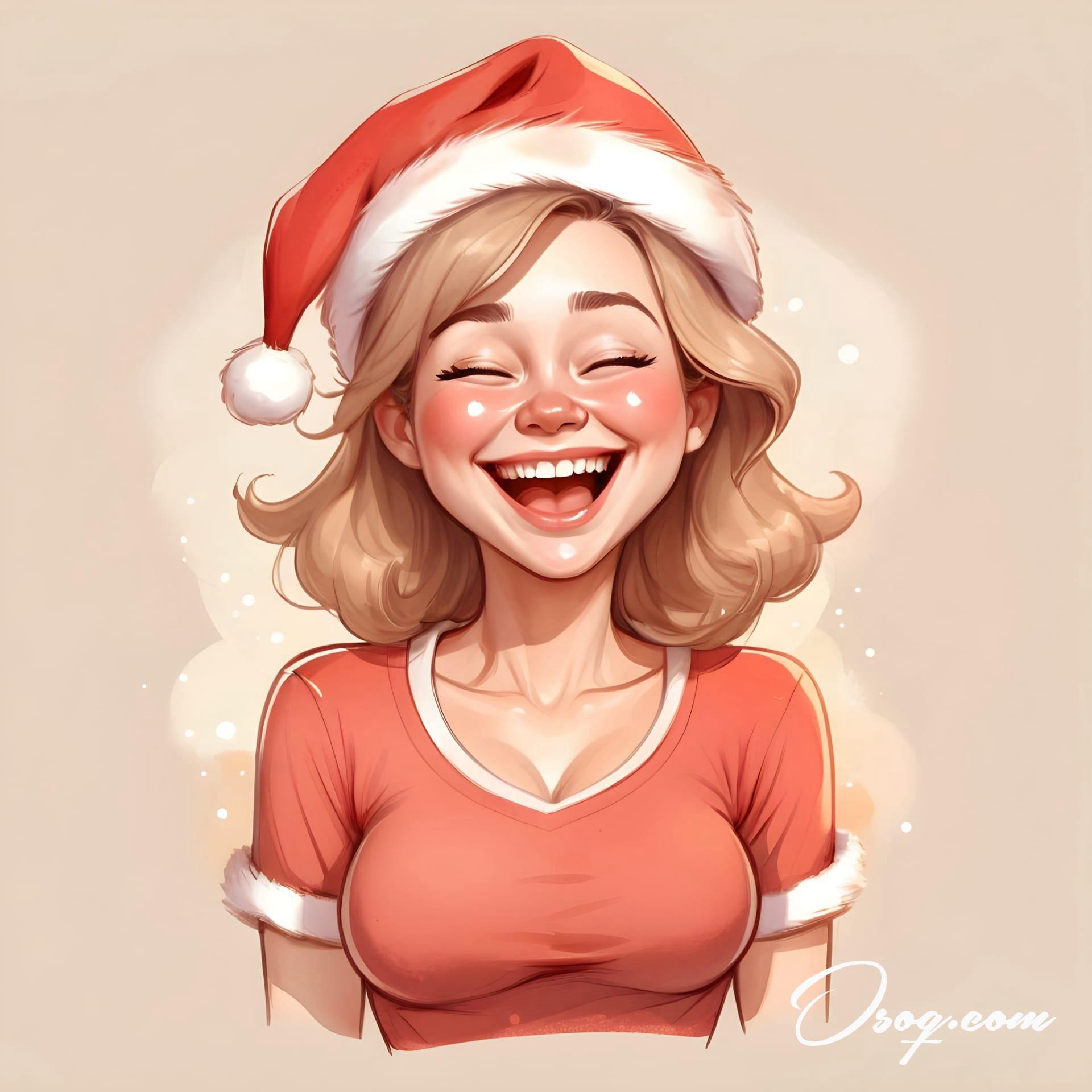
Graffiti artists have used April Fool's Day to make bold statements, temporarily transforming somber urban landscapes into whimsical scenes that challenge viewers to see their environment in a new light.

Some artists specialize in creating fake art history documents, complete with elaborate backstories for nonexistent artists and their supposed contributions to the art world.
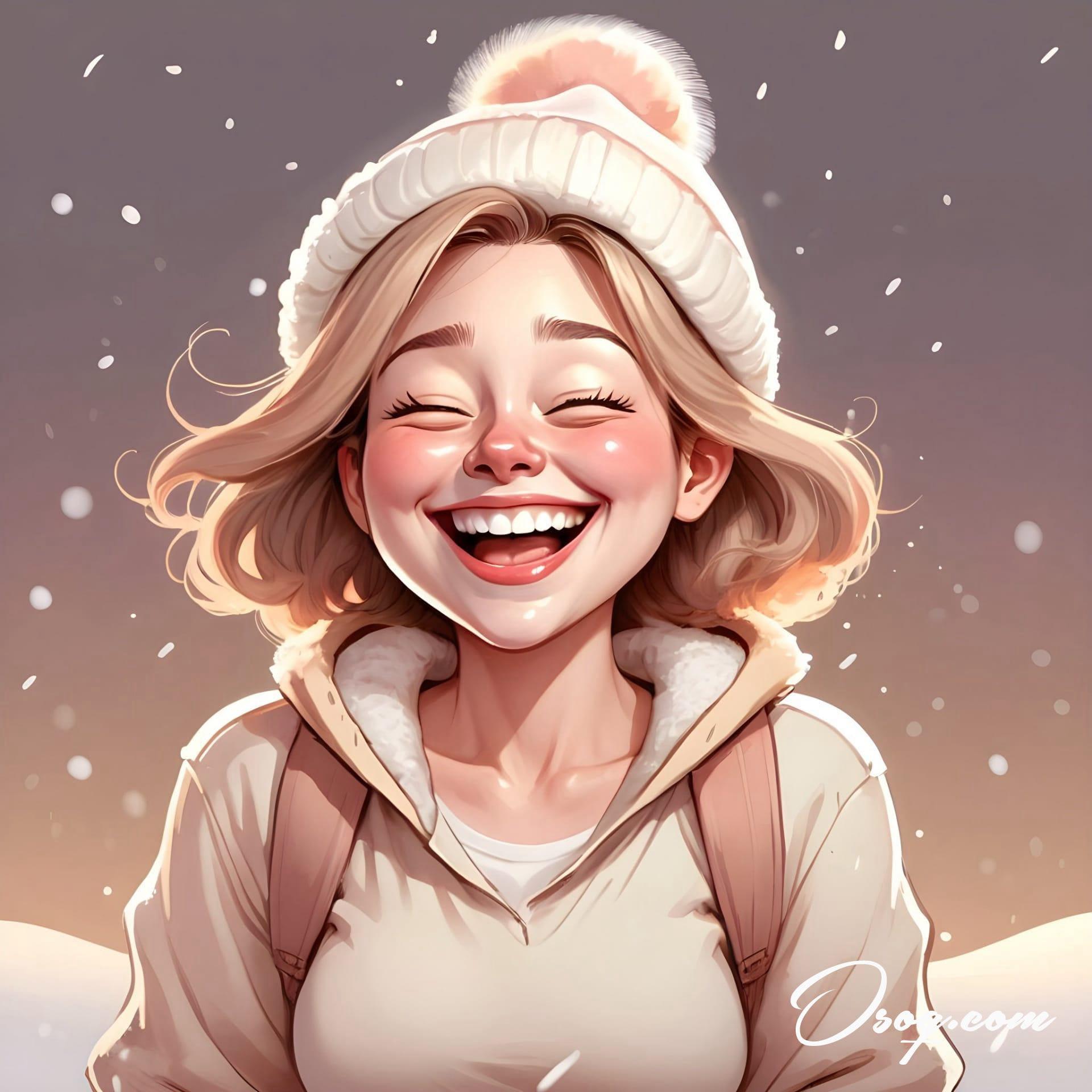
In the realm of book illustration, some illustrators have hidden characters from other stories or inserted anachronistic elements into historical scenes, waiting for eagle-eyed readers to spot them.
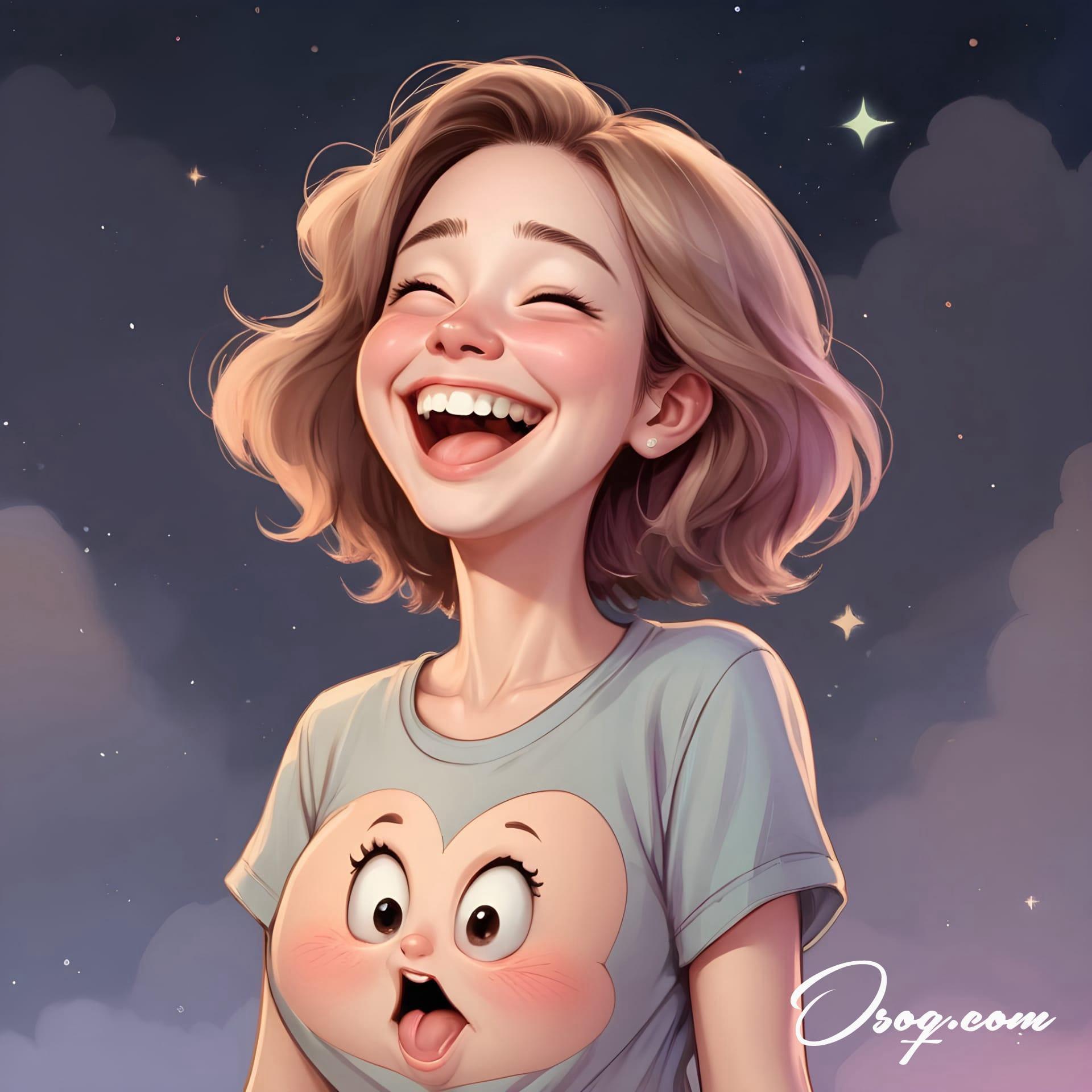
April Fool's Day has even seen the rise of mock art movements, where groups of artists come together to promote a completely made-up style, complete with manifestos and exhibitions.
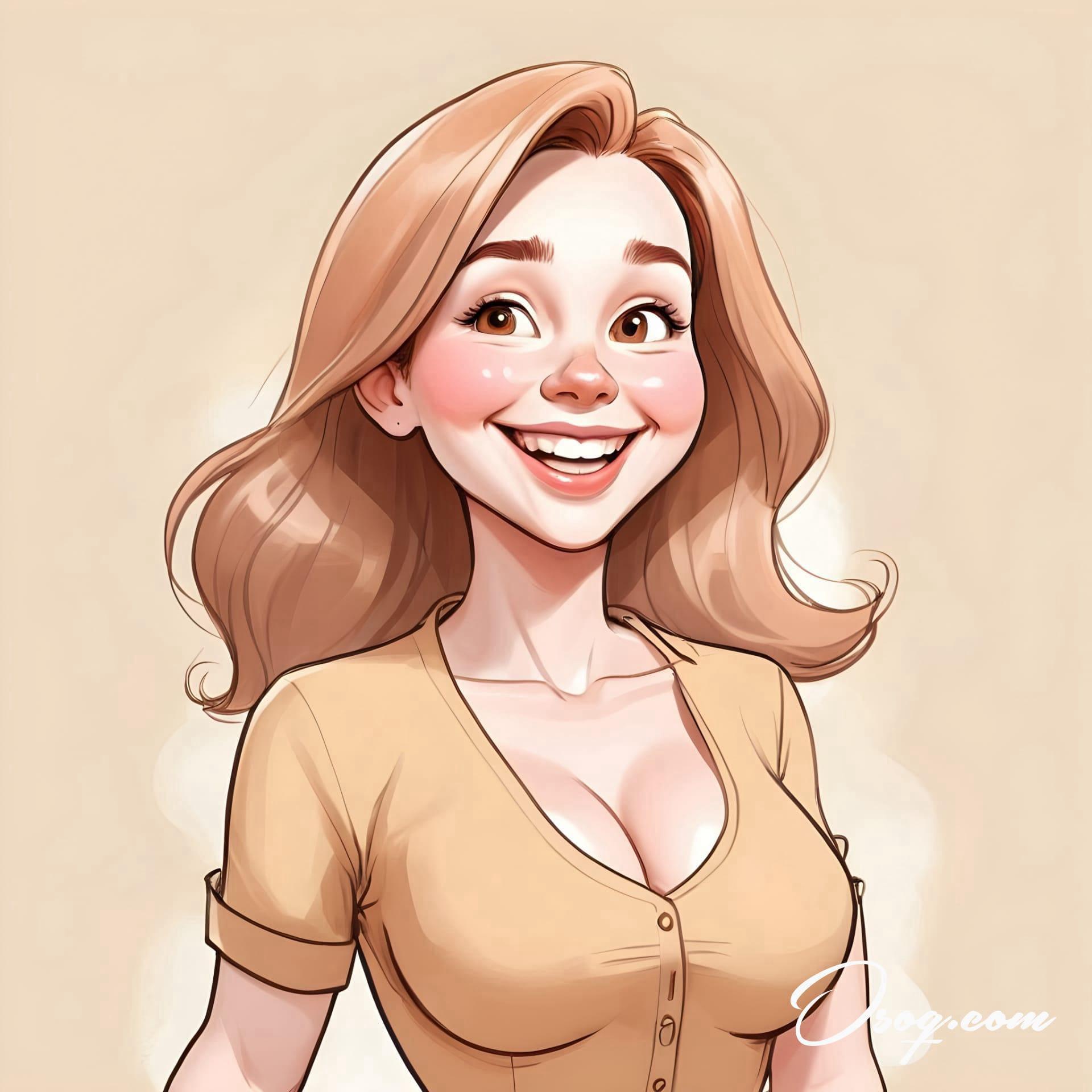
And let's not forget about those art class pranks where instructors tell students to prepare materials for impossible projects, only to reveal it's all in good fun. It's a reminder that art, at its heart, celebrates creativity, imagination, and the joy of surprise.